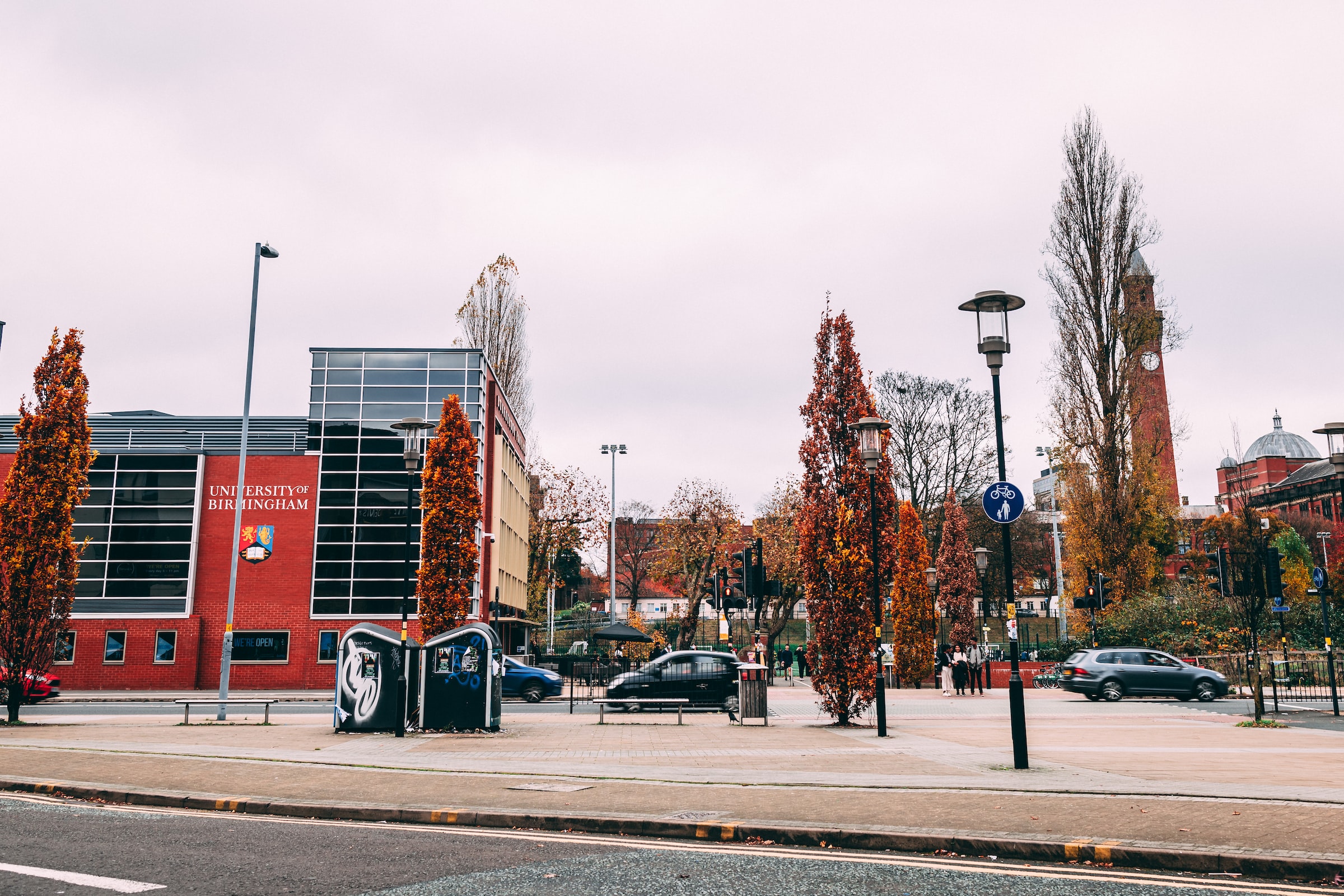
Life&Style Writer Issy Griffiths praises the vocalists using their platforms for political change
Throughout history, artists have repeatedly used their music as a platform to spread awareness of various social and political issues. The 1960s charts were famously filled with protest songs opposing the Vietnam war, including several hits by artists such as John Lennon, Marvin Gaye and Bob Dylan. This is nothing new. But what sorts of issues are artists choosing to vocalize in modern day? Is political activism in the form of music more prevalent than we realize?
One key motif that many artists have touched on is that of gender inequality and the need for female empowerment. A classic example of this is Lily Allen’s ‘Hard Out Here’ which reflects on the pressures women face to be a certain size or to stay ‘skinny’ and the valuing of female appearances above their talents and intelligence across various the music industry. More recently Taylor Swift came out with ‘If I were a man’ in which she ridicules a clichéd male boss and what he is allowed to get away with to highlight the contrasting levels of scrutiny men and women can be measured against, especially in the public eye. Though disguised in catchy tunes and extravagant music videos, the issues addressed here are very real, and through exploring them in their music artists are helping to reiterate the need for equality- which can surely only be a good thing.
We can see artists inspired by injustices and using their music in an extremely moving way
Perhaps, the most common social issue explored in contemporary music is racial inequality, with countless artists using their music to call for black rights. Notably, in the wake of the police shooting of 18 year old Michael Brown in 2014, R&B singer Lauryn Hill came out with ‘Black Rage’ in which she powerfully articulates the plight of the African American community and their constant struggle with police brutality. Jay Z’s ‘Spiritual’ was also premised on Michael Brown’s killing, though he did not release this until years later under the tragic reasoning that he knew Michael’s death would not be the last. I would say the most poignant or moving verse of this song has to be: ‘I am not poison/Just a boy from the hood that got my hands in the air/In despair don’t shoot/I just wanna do good’. Here we can see artists inspired by injustices and using their music in an extremely moving way in attempt to help provoke change.
However, it is not just through song lyrics that artists have propagated social messages, in fact many have used their platform to achieve this in other ways. For instance, several artists have created music videos aimed to evoke a strong political statement, namely the video for ‘Bad Girls’ by M.I.A controversially set out to support the (then) controversial Women To Drive movement in Saudi Arabia, featuring several women in niqabs confidently racing along a desert in chunky jeeps and performing high-speed stunts. The video was a huge hit, rapidly accumulating millions of views and winning several awards at the 2012 MTV Video Music Awards, perhaps loosely contributing to the campaign which ultimately saw Saudi women being granted the right to drive a few years later.
The same 2016 Super Bowl half-time show also saw Coldplay show a strong display of support for gay rights
Even more well-known and celebrated are Beyonce’s politically charged music videos and performances in which she has frequently shown support for the Black Lives Matter movement. For instance, her striking and provocative Super Bowl performance saw the star surrounded by dancers in Black Panther uniforms, to be photographed afterwards holding a sign with the slogan ‘Justice 4 Mario Woods’- another black victim of police brutality. The same 2016 Super Bowl half-time show also saw Coldplay show a strong display of support for gay rights, with the finale of their performance consisting of the audience all holding coloured placards to create a huge rainbow across the stadium upon which the words ‘Believe In Love’ were written. This marked a major victory and highly momentous moment for the LGBT rights movement as rarely before had the LGBT community been so celebrated in a sporting environment, and especially in NFL for that matter.
Other artists have not only endorsed activism in their lyrics but also in their ‘look’. For instance, Harry Styles and Lady Gaga have both embraced androgyny through their flamboyant fashion and makeup choices to send out a message that being ‘different’ is not only okay but also worth celebrating.
They are helping to start conversations and keep important issues on the political agenda
Whether through performances, videos or song lyrics, artists are continually using their platforms to help create awareness on issues that matter- be these be these concerning gay rights, world conflicts or racial equality for instance. They are helping to start conversations and keep important issues on the political agenda. It looks like music really is helping to make the world a better place.
Comments